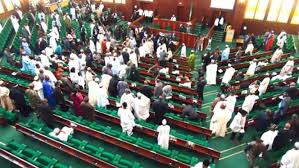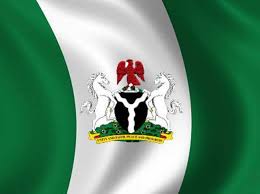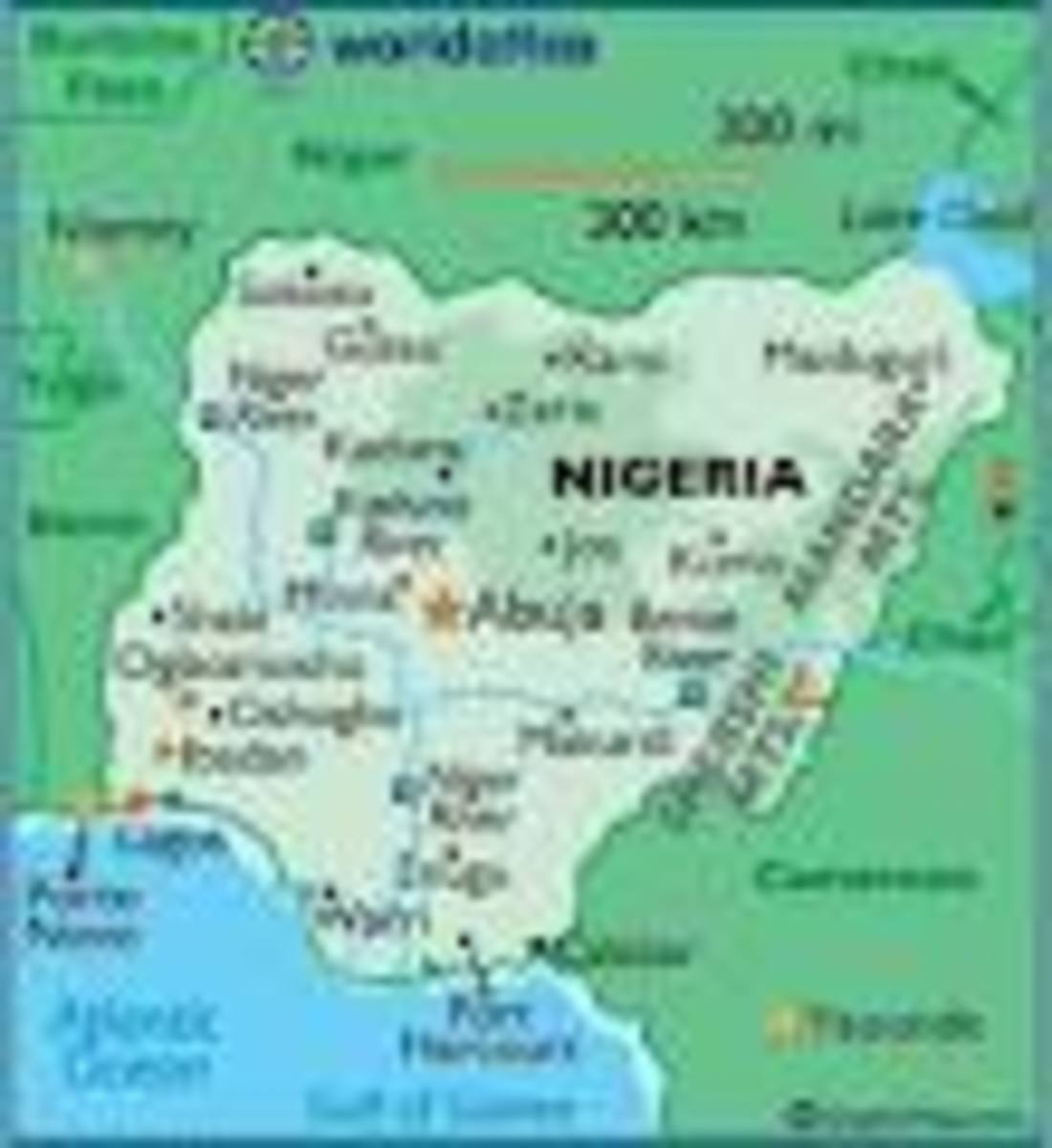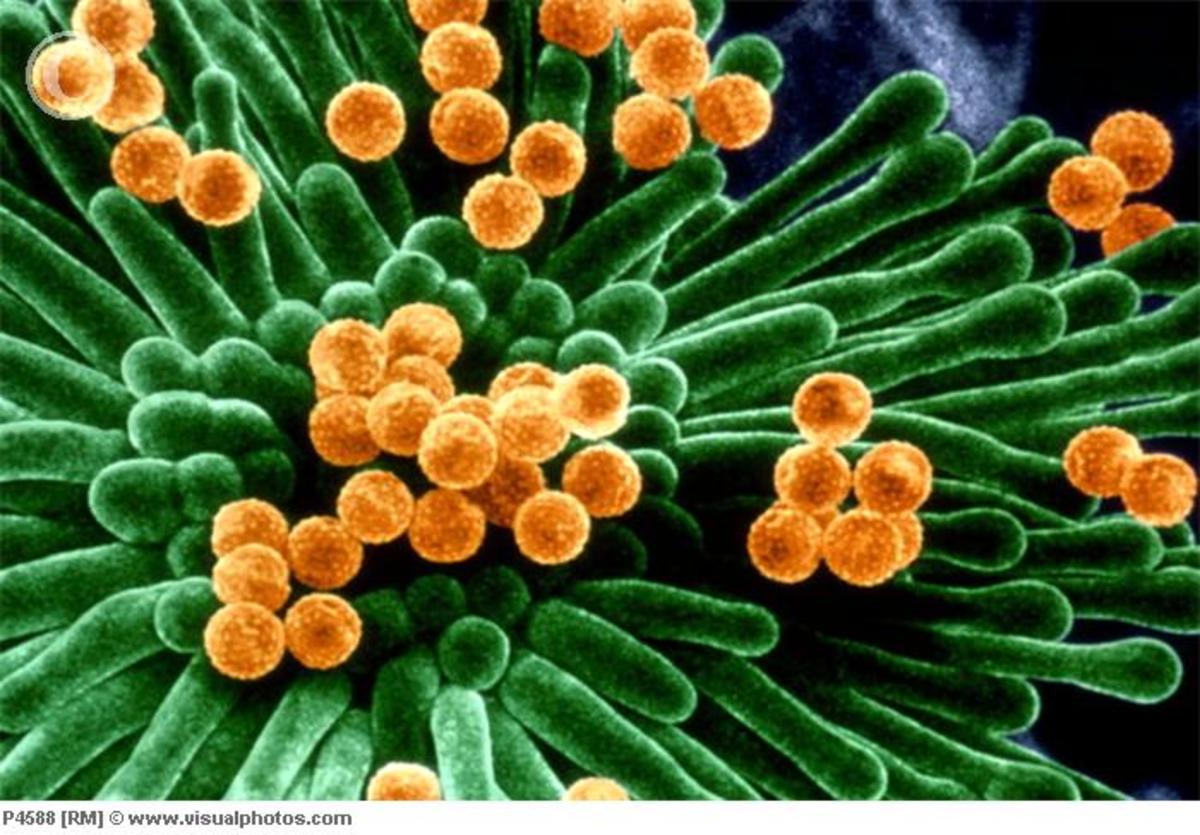Is the Nigerian Government doing enough?



The threat from oil spills and other toxic wastes released into freshwater bodies, mangrove swamps and wetlands thus affecting the ecosystem and threatening the livelihood of people of the region.
As a result, the Niger Delta region which is the third largest wetland in the world and accounts for all of Nigeria’s oil and gas production, has the unenviable record of having one of the most polluted freshwater ecosystems in the world.
Successive government efforts towards redressing this problem have proved abortive and the degradation of the freshwater ecosystem in this region have assumed alarming levels. #
This research is aimed at analyzing the legal and institutional framework for the preservation of freshwater ecosystem in the Niger Delta, with particular focus on Environmental guidelines such as EGASPIN promulgated by government to regulate oil and gas exploration activities which negatively impact on the ecosystem.
The adequacy and shortcomings of the applicable legal instruments shall be scrutinized to discover the extent to which they fulfill the government’s obligations to protect freshwater ecosystem in the region and the difficulty encountered in creating a balance between energy exploitation and freshwater preservation.
The methodology employed is an in-depth appraisal of applicable instruments and investigation of their impacts on the subject of freshwater protection in the region.
The research finds that there are structural defects in the legal and institutional framework for freshwater protection which must be addressed to ensure that the freshwater ecosystem in the region does not lose its sustainability in the coming years
The Niger Delta is an area of Nigeria with rich and abundant natural and freshwater resources. It is the third largest mangrove swamp in the world and the largest in West Africa, covering an area of 70,000 km² and makes up 7.5% of Nigeria’s land mass, with an estimated population of 20million people.
This region is also abundantly blessed with vast oil and gas mineral resources, and the exploitation of these oil and gas resources have become a curse on the region as it has led to massive, wanton and unquantifiable pollution of the freshwater resources and ecosystem of the region, affecting the livelihood of the people and bio-diversity of the region.
A 2009 UNEP report[1] indicated that the level of pollution of the freshwater ecosystem of the region will require over 30 years to remedy, while a recent World Bank study reveal that at the current level of pollution, the freshwater ecosystem of the Niger Delta region will lose its ability to sustain itself in the next 50years[2].
Oil and Gas exploration activities in the Niger Delta is the biggest source of pollution of freshwater resources degradation of the ecosystem in the region and these dooming reports have led to frantic search by stakeholders and activists for effective means of protecting the freshwater resources of the region from pollution in the course of oil and gas exploration by the International Oil Companies (IOCs).
One way in which the Nigerian government is attempting to achieve this aim is through the promulgation of the Environmental Guidelines and Standards for the Petroleum Industry in Nigeria (EGASPIN) 2002[3] to prescribe minimum water quality and operational regulation of oil and gas activities impacting on freshwater ecosystem and environment in the region.
The aim of this research is to analyze the existing legal framework in Nigeria for the protection of freshwater resources in the Niger Delta, with particular emphasis on the effectiveness of EGASPIN 2002 in preventing continuous and unrestrained pollution of the freshwater
[1]United Nations Environment Programme (UNEP) Report on Environmental Impact Assessment and Pollution in Ogoni Land, 2009, first published in 2011 by the United Nations Environment Programme.
[2]World Bank (2004),“Defining an environmental development strategy in the Niger Delta” cited in Isikhuemen, E., “Status, Threats and Priority for Conservation of Freshwater Swamp forest in Protected Areas in Edo State, Nigeria”, Nigerian Journal of Agriculture, Food and Environment 8(1):38-46 Published March, 2012, NJAFE VOL. 8 No. 1, 2012 38
[3]Department of Petroleum Resources (DPR), “Environmental Guidelines and Standards for the Petroleum Industry in Nigeria”(EGASPIN) (revised 2002)
The research shall investigate the challenges facing freshwater protection in the region and seek to answer the question of whether the Nigerian government is doing enough, in terms of its legal and policy frameworks, to achieve the elusive quest for an effective mechanism to protect the freshwater resources of the region from total degradation.
The methodology employed in the research is a detailed study of relevant legal and policy documents relating to the subject and an appraisal of their impacts on the subject of the research.
The research finds that the problem of freshwater pollution facing the region is endemic, multi-faceted and is a result of the inability of government to create a balance between the pursuit of energy exploitation and the need for freshwater preservation, with the former given priority over the latter, with disastrous consequences for the region.
Also, the study finds that EGASPIN 2002 is ineffective in protecting the freshwater resources of the region owing to its restrictive scope, absence of effective regulatory frameworks and overlapping/conflicting enforcement frameworks amongst the relevant institutions.
The study concludes by advocating the urgent need for the establishment of freshwater and mangrove protected zones in the region for vulnerable ecosystem areas as an interim measure and the enactment of a water code by the government for the region, which should form an integral part of government’s planning and policy directions, as well as incorporated into all oil and gas exploration agreements between the government and IOCs.








